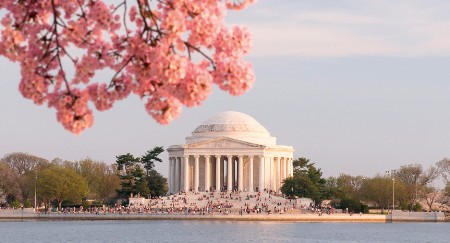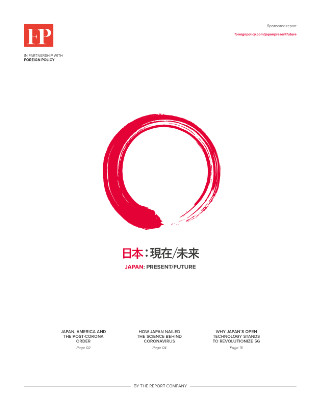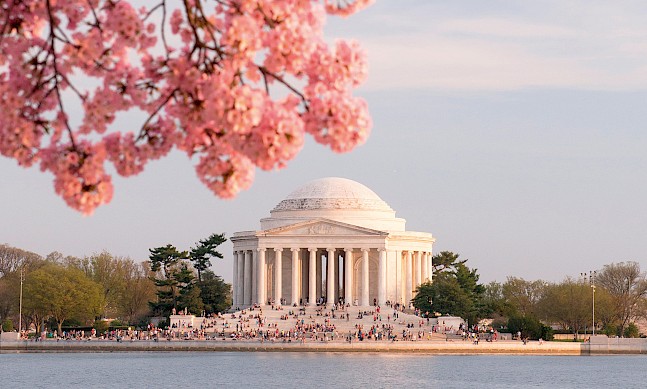
The world’s two most economically powerful democracies have a unique opportunity for joint leadership in the post-pandemic global arena.
For both Japan and the US, the blossoming cherry trees in Washington, D.C. this year are heavy with symbolism. A long, grim winter has passed, likely the last during which either country will be as burdened by the COVID-19 pandemic. Likewise, each nation is moving forward with renewed hope under new central leadership. As President Joe Biden pledges to rebuild relationships with traditional allies, Japan is determined to leverage this moment to forge even deeper, more influential bonds with the US.
In Japanese Prime Minister Yoshihide Suga’s first speech marking the start of the year’s parliamentary session, he said that Japan is prioritizing working with members of the international community, the US in particular, “to exert leadership in creating a post-corona international order.” At a time when the world faces unprecedented global challenges, cooperation between both nations could shape the future for generations to come. “The Japan-US alliance is the cornerstone of Japan’s diplomacy and security, and the foundation of freedom, peace, and prosperity in the Indo-Pacific region and the international community,” Suga told lawmakers.
“The Japan-US alliance is the foundation of freedom, peace, and prosperity in the Indo-Pacific region and the international community”
Yoshihide Suga Japanese Prime Minister
Post ThisHow does Japan envision this new era? As before, shared values with the US – human rights, free trade, prosperity and protecting regional security – are at its core. But now, Japan’s government is highlighting the urgency of new international norms for the digital age as well as the need to fight climate change. Just like Biden, Suga has pledged to make Japan carbon neutral by 2050.
Dealing with China’s growing power will no doubt be a challenge for both countries. Japan’s approach is firm but cooperative. Acknowledging that stable Sino-Japanese relations are critical, Suga pragmatically says that “we will insist on what we should insist on… and work together to resolve common issues.” In his first call with Suga, President Biden expressed his “unwavering commitment” to the defense of Japan, including in the Senkaku Islands, which are subject to a territorial dispute with China and Taiwan. In the call, both leaders also pledged to work towards the complete denuclearization of North Korea.
Japanese leadership, committed to multilateralism, breathed a collective sigh of relief when the US re-joined the World Health Organization (WHO) and the Paris climate accord. Recognizing strengths and weaknesses of global bodies, they hope more US involvement can aid their push for reforms, particularly in the World Trade Organization (WTO).
Since Japan donated cherry trees to Washington in 1912, the country’s mark on the US has grown exponentially. In 2019, Japan became the largest foreign investor in the US. Strengthening economic ties, particularly around technology like 5G and AI, is another of Suga’s priorities.


